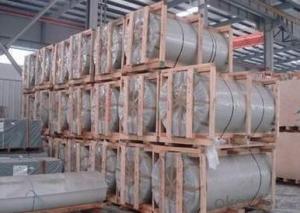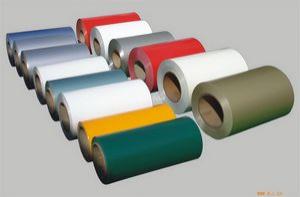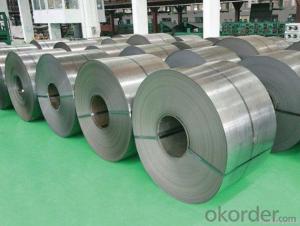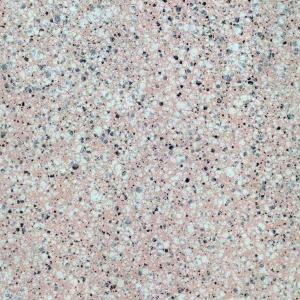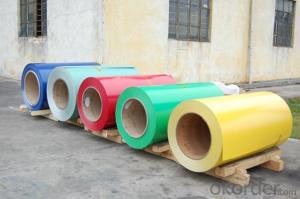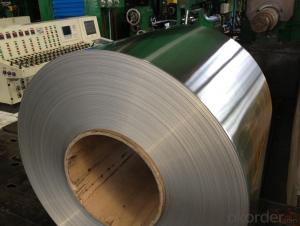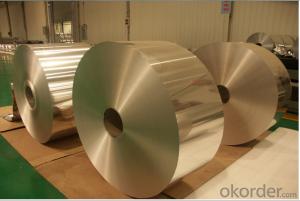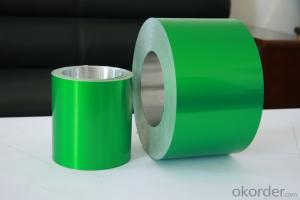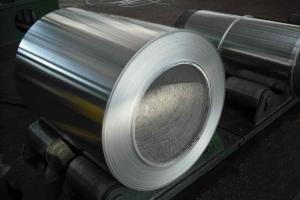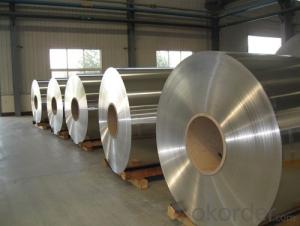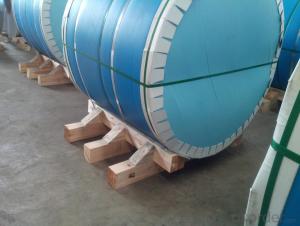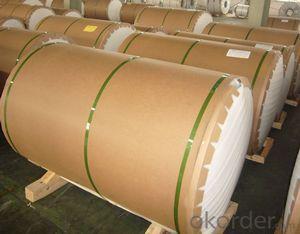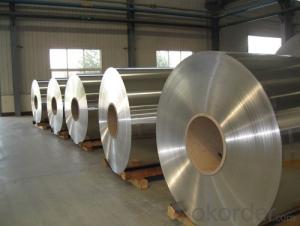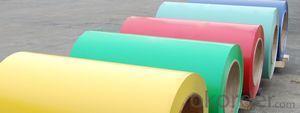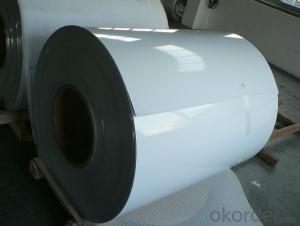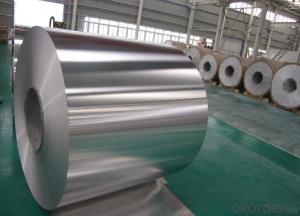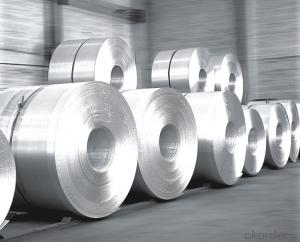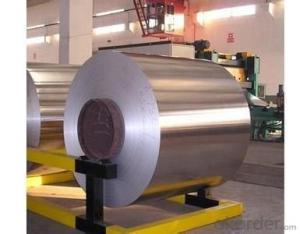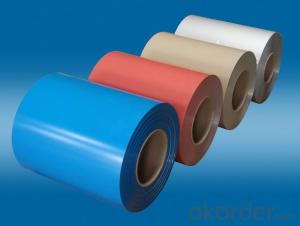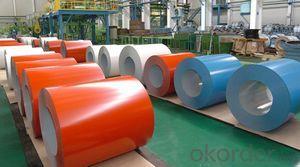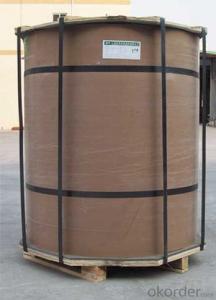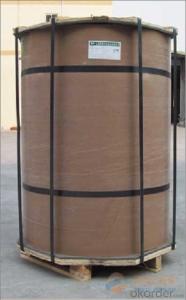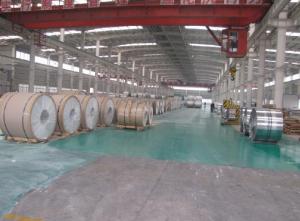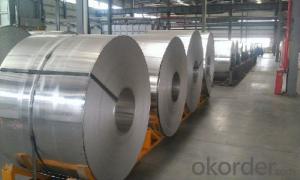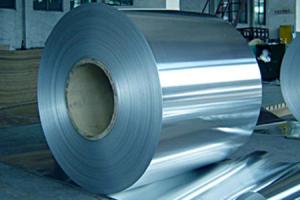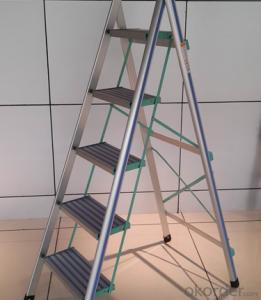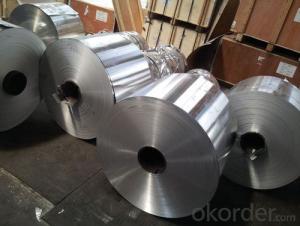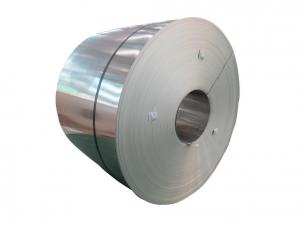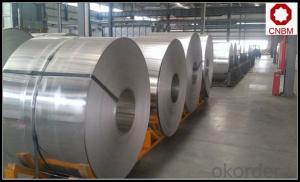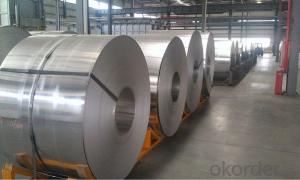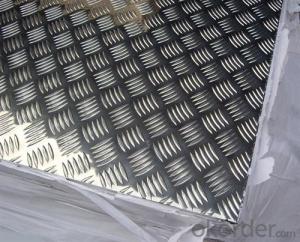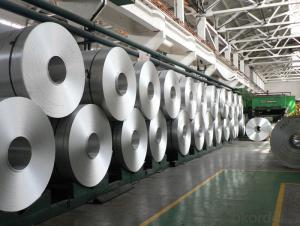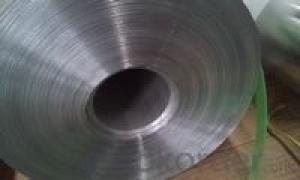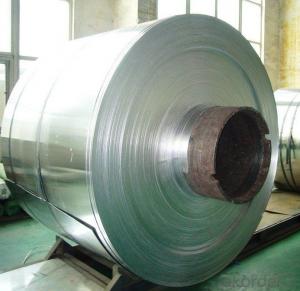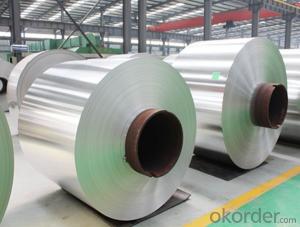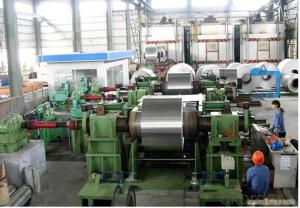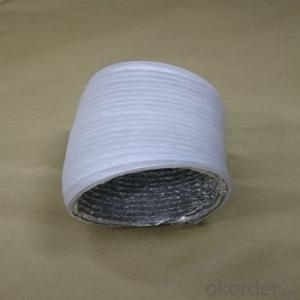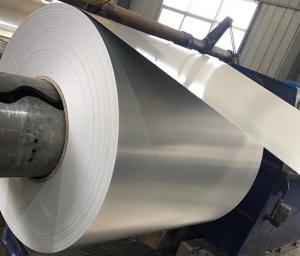1050 Aluminum Coil
1050 Aluminum Coil Related Searches
5052 Aluminum Coil 1050 Aluminum Plate 1100 Aluminum Coil 030 Aluminum Coil Aluminum Coil 1100 5005 Aluminum Coil Aluminum Copper Coil Aluminum Wire Coil 10 Inch Aluminum Trim Coil Copper Aluminum Coil Home Depot Aluminum Coil 24 X 50 Aluminum Trim Coil Aluminum Alloy Coil Anodized Aluminum Coil 032 Aluminum Coil White Aluminum Coil Aluminum Evaporator Coil Black Aluminum Coil Aluminum Fin Coil 24 X 50' Aluminum Trim Coil 1350 Aluminum Plate Aluminum Coil Factory Aluminum Strapping Coil Aluminum Ac Coil Aluminum Tubing Coil Polished Aluminum Coil Embossed Aluminum Coil Aluminum Coil Pipe Aluminum A Coil China Aluminum Coil1050 Aluminum Coil Supplier & Manufacturer from China
1050 Aluminum Coil is a type of aluminum product known for its excellent corrosion resistance, formability, and weldability. It is made from high-quality aluminum ingots and is widely recognized for its purity and consistency. This product is utilized in various industries such as construction, transportation, and packaging due to its lightweight and high strength properties. The 1050 Aluminum Coil is particularly favored for applications where a high level of ductility and formability is required, making it an ideal choice for manufacturing components that need to withstand harsh environmental conditions.The 1050 Aluminum Coil is extensively used in a range of applications, including but not limited to, automotive parts, architectural facades, and electronic components. Its versatility and durability make it a popular choice for manufacturers looking to create products that are both aesthetically pleasing and functional. The product's ability to be easily formed and welded without compromising its integrity has made it a staple in the manufacturing industry. As a result, the demand for 1050 Aluminum Coil continues to grow, making it a sought-after material for a multitude of applications.
Okorder.com is a leading wholesale supplier of 1050 Aluminum Coil, boasting a vast inventory that caters to the needs of various industries. With a commitment to providing high-quality products at competitive prices, Okorder.com has established itself as a reliable source for businesses in search of 1050 Aluminum Coil. Their extensive stock ensures that customers can find the exact specifications and quantities they require, making Okorder.com the go-to destination for 1050 Aluminum Coil.
Hot Products
